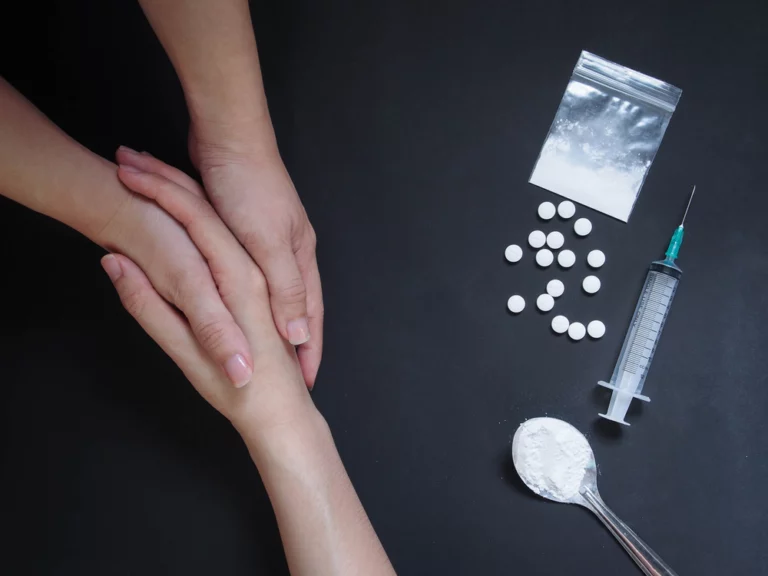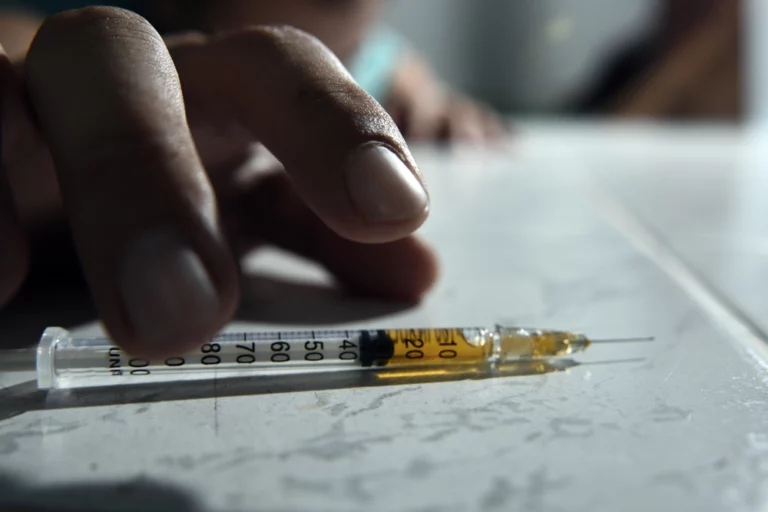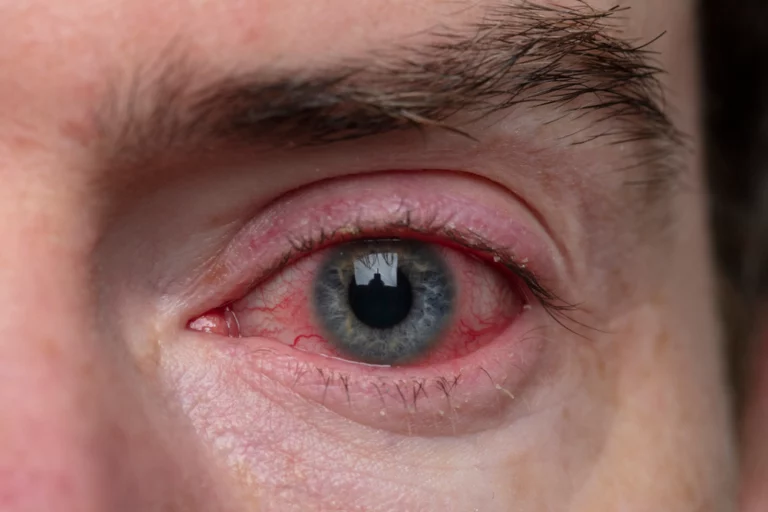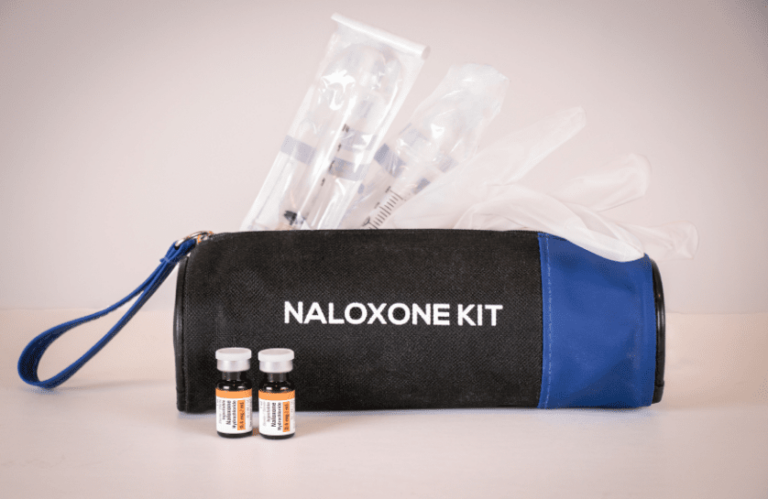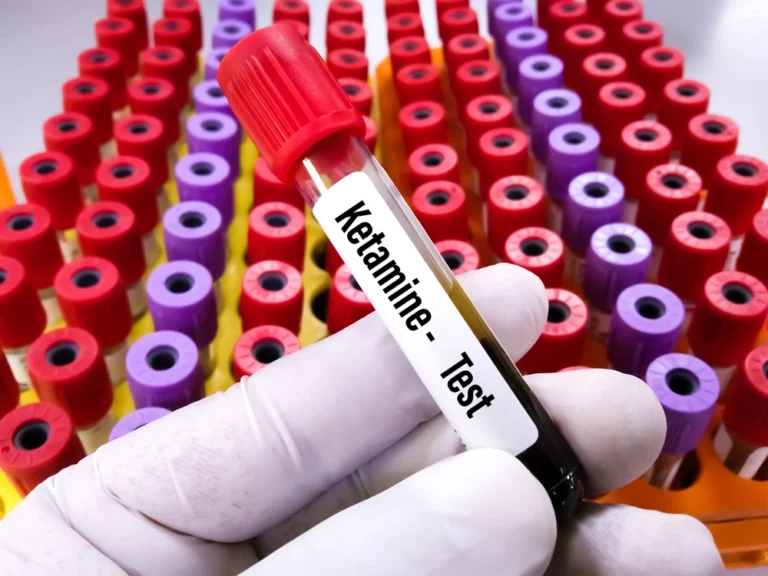How Does Bilateral Music Therapy Help with Substance Abuse Treatment?
According to the National Survey of Drug Use and Health, about 19.7 million Americans (aged 12 and above) had dealt with substance use disorder in 2017.
Drug addiction remains one of the biggest health concerns in the U.S. As we witness an increasing number of evidence-based therapy models to combat this drug problem, one specific type of therapy – known as music therapy – has been showing promise for individuals dealing with substance use disorders.

What is Music Therapy?
rom entertainment to relaxation and everything in between, music has become an essential part of our daily lives. Music can bring individuals together, cause emotional responses, and allow individuals to escape from reality.
Music is known to create a variety of emotional states in the human brain. Based on the type of music and the person who listens to it, music can make people happy, sad or boost their energy. The gift of music extends beyond just entertainment. Music can also be a form of therapy. When applied to the treatment of substance use disorders, music therapy can bring countless benefits. Some of the most common benefits of music therapy can include:
- Improving physical health
- Relieving stress and improving mental well-being
- Enhancing emotional adjustment
- Enhancing social functioning by getting people with similar tastes in music together
- Improving several areas of cognitive functioning, including memory and attention
Within a rehab setting, music therapy can also be customized to meet the specific needs of an individual. For instance, it can be directed toward helping people in various ways. Some of these ways can include:
- Dealing with cravings
- Mitigating the effects of stressful scenarios
- Managing feelings of remorse that a person may feel for their actions (under the influence) in the past
- Handling negative emotions such as anger, depression, and anxiety
- Overcoming boredom and boosting the mood
- Enhancing inner motivation and self-esteem
- Building coping skills to combat similar situations in the future
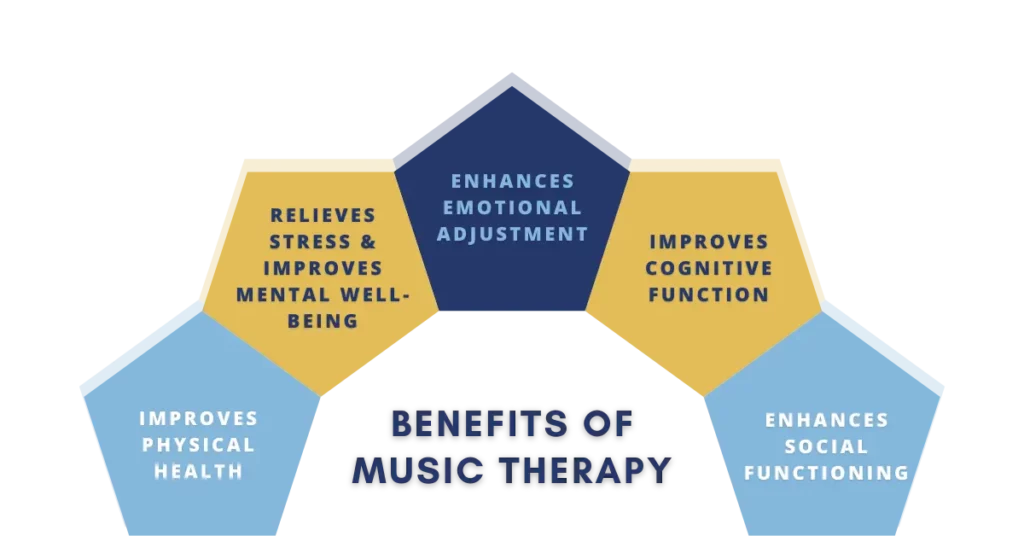
What is Bilateral Music?
Bilateral music is music that can be alternated between the right and the left ear. Any standard music can be transformed into bilateral music by using music editing software that helps the music bounce between right and left stereo channels.
When you listen to bilateral music, your brain achieves dual attention stimulation (DAS). This helps the brain process past traumatic memories so you can eventually learn to think about them without triggering severe stress or anxiety. Bilateral music is a powerful form of audio relaxation. Its effects are known to be relaxing, calming, and soothing.
Music Therapy for Addiction Treatment
Every individual has unique symptoms, circumstances, and needs that require an equally unique treatment.
Coping with substance use disorders can be an overwhelming problem that can cause many negative aspects of life. It involves managing feelings of remorse, depression, hopelessness, anger, and shame that arise from past relationships, legal issues, or financial troubles. Music therapy can regulate these negative emotions and help individuals progress toward self-growth. This may include a host of engaging activities like brainstorming music video ideas, singing solo or in a group, discussing music, composing music, and more.
Aside from building communication and social skills, music therapy can help improve an individual’s self-esteem, promote self-expression, improve interpersonal relationships, and help voice out unpleasant feelings.
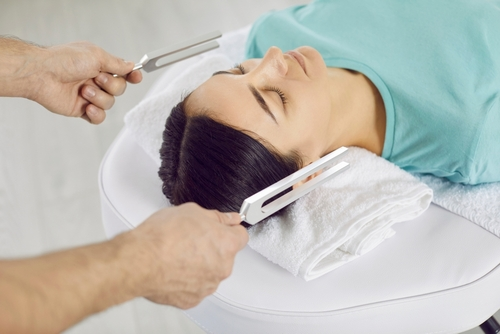
The Magic of Bilateral Music Therapy
Music therapy can be highly beneficial for people coping with substance use disorder. People are often more willing to participate in music therapy than other forms of therapy. According to data from the Cochrane Database System, engaging in music therapy can lead to heightened motivation for individuals with substance use disorders to actively participate in their treatment.
The power of music to heal goes beyond mere motivation. By incorporating movement to music in therapy sessions, individuals can experience a reduction in anxiety, stress, and depression levels. The rhythmic and melodic elements of music have a remarkable ability to soothe and uplift the mind, providing a calming effect that aids in the emotional healing process. As a result, music therapy becomes a potent tool in promoting overall well-being and supporting those on their path to recovery from substance use disorders.
On top of these benefits, there are a few other benefits of bilateral music therapy. Some of these benefits may include:
- Creates an atmosphere of openness and relaxation
- Enhances dopamine in the brain, making people feel good
- Allows individuals to say things they find difficult to share
- Promotes positivity and encourages self-expression
- Creates an outlet for feelings of restlessness
- Boots focus and concentration
- Helps build communication skills
- Promotes solidarity
- Improves sleep and reduces muscle tension
How Does the Music Therapy Process Unfold?
Music therapy centers around three essential elements: you as the participant, your dedicated music therapist, and the profound influence of music itself. The approach adopted in your therapy sessions is tailored to align with your specific goals and overall objectives, ensuring a personalized and effective experience. This process typically unfolds in this fashion:
Before Music Therapy
Before you kickstart your therapy, your therapist examines your needs and strengths. To determine this, you may have to discuss your:
- Overall health
- Emotional state
- Social function and communication
- Cognitive skills
- Triggers and past traumas
- Music preferences
This step will help your therapist craft a customized music therapy treatment plan for you.
During Music Therapy
During music therapy sessions, you may do one or more of the following:
- Listen to music by focusing on the lyrics and melody
- Make music by writing the lyrics and composing the melody
- Dance, either by making casual moves or learning a complex performance
- Play a musical instrument
- Analyze songs by listening to the lyrics or discussing their meaning
- Sing and express yourself through song
After Music Therapy
Once your music therapy sessions are complete, your therapist will analyze its effectiveness and determine whether your short-term goals were met. You can even participate in multiple music therapy sessions if needed.

Heal Your Way to Sobriety with Louisville Recovery Center’s Music Therapy
Drug addiction can sweep away everything you consider valuable – personal relationships, finances, health, and career – in a single stroke.
All it takes to combat these negative effects is a combination of specialized care, time, and perseverance. At Louisville Recovery Center, we help you overcome substance abuse and embrace your future with open arms. If you would like to understand how our bilateral music therapy works or access any of our other holistic treatments, contact our specialists today!



